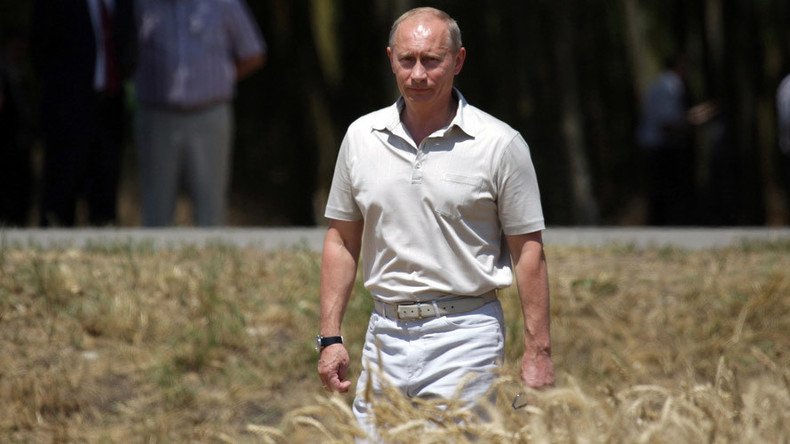US losing out to Russian wheat exports

The United States was once the world's leading wheat exporter, but now is losing its position to Russia and Canada due a stronger dollar, stagnant yields, rising competition and climate change.
According to analysts, exports of wheat may drop 9.3 percent to 21.1 million metric tons in the season ending May 31, the lowest since 1972.
“We’re no longer going to lead in volume every year,” said Alan Tracy, president of US Wheat Associates told Bloomberg, adding that an increase in global wheat trade was the only hope for the country.
America Is Losing Out To Russia In The #Wheat Wars https://t.co/BNwy48Vjf6 Strong USD, #ClimateChange, competition pic.twitter.com/5aOBxl95fD
— FarmLead.com (@FarmLead) April 21, 2016
Nearly forty percent of the US crop goes for export, according to the Department of Agriculture. The acreage for winter wheat fell to its second-lowest since 1913.
As US wheat is no longer the leader in global markets, American farmers are changing to corn and soybeans.
Move over Canada, US: Russia projected to become world’s largest wheat exporter in 2016 https://t.co/KCXGiIynuWpic.twitter.com/4wanp80pnA
— RT (@RT_com) February 8, 2016
Russia is now the world’s leading wheat exporter and is monopolizing Middle East markets, which were once the preserve of America.
Russia will harvest 62.5 million metric tons of wheat in 2016, the most in eight years, according the Moscow-based Institute for Agriculture Market Studies (IKAR). Exports from the Black Sea area rose to $185 a ton last week, the highest since December. Prices increased 3.9 percent from a five-year low set in February and March, reports IKAR.
@sovecon upped Russia's 15/16 #wheat exports forecast to 23.6 mmt from 23.2 mmt pic.twitter.com/iURCjRK2FL
— Andrey Sizov (@sizov_andre) April 20, 2016
“Crop conditions currently are good, especially in the southern district,” said Olivier Bouillet from Paris-based consulting company Agritel.
The richer harvest from Russia might compensate for the drop in Ukraine, where output may fall about nine percent to 7.2 million tons.












